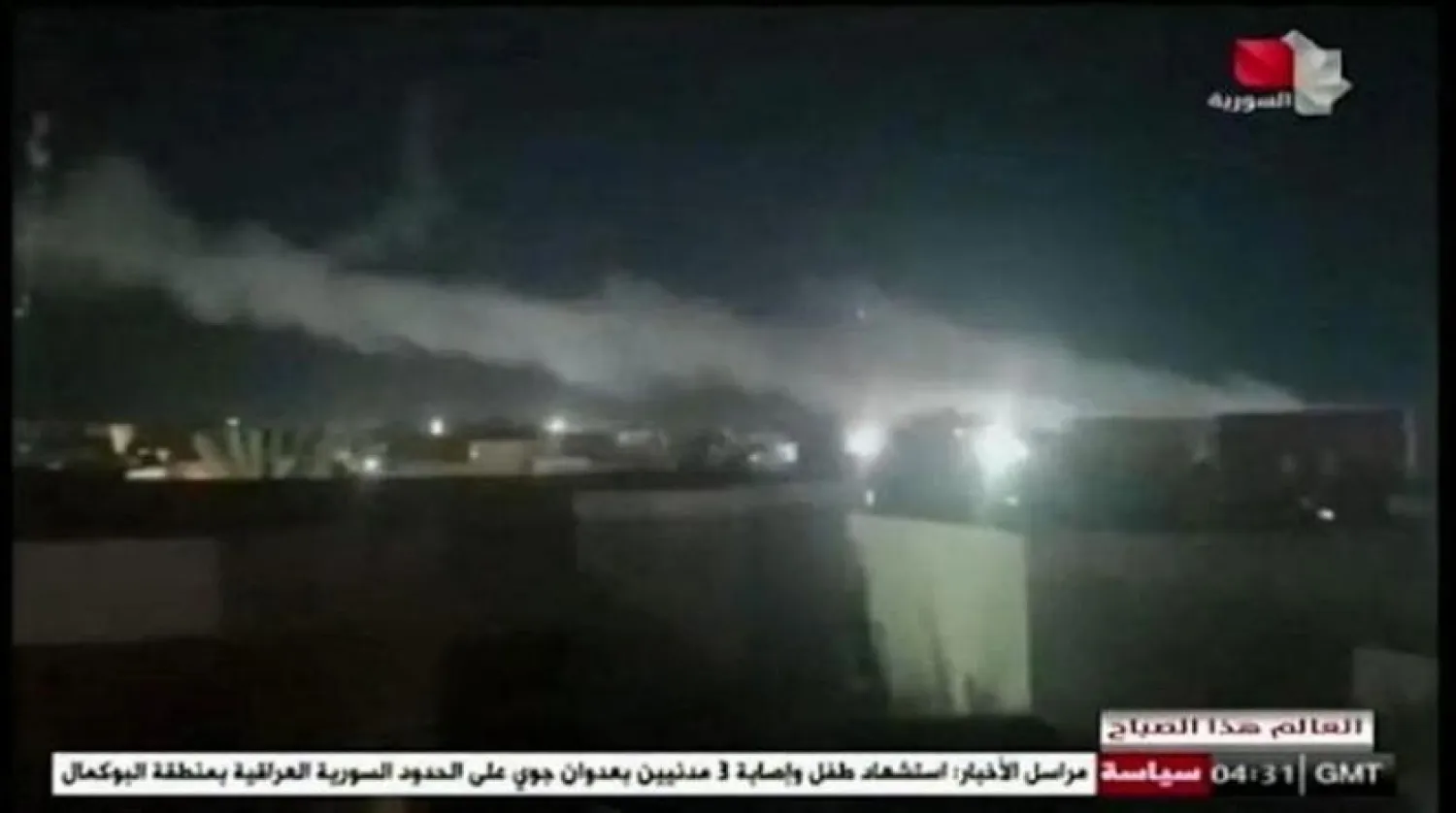The United States took necessary, appropriate and deliberate action designed to limit the risk of escalation - but also to send a clear and unambiguous deterrent message, announced Pentagon press secretary John Kirby.
Kirby was addressing the US air strikes against Iran-backed Shiite militias in Iraq.
He indicated that the targets were selected because these facilities are utilized by Iran-backed militias that are engaged in unmanned aerial vehicle (UAV) attacks against US personnel and facilities in Iraq.
Kirby stressed that President Joe Biden has been clear that he will act to protect US personnel.
“Given the ongoing series of attacks by Iran-backed groups targeting US interests in Iraq, the President directed further military action to disrupt and deter such attacks.”
Kirby noted that the US troops are in Iraq at the invitation of the Iraqi government for the sole purpose of assisting the Iraqi security forces in their efforts to defeat the terrorist organization ISIS.
As a matter of international law, the United States acted pursuant to its right of self-defense. “The strikes were both necessary to address the threat and appropriately limited in scope. As a matter of domestic law, the President took this action pursuant to his Article II authority to protect US personnel in Iraq.”
The strikes took place three months after the first US raid against Iran-affiliated militias in Iraq and Syria last February, following the militias’ missile attack against bases in Iraq’s Ain al-Asad in Anbar and Harir near Erbil.
US political researcher at the Newlines Institute, Caroline Rose believes the strikes are the US administration’s response to the fact that “militias sympathetic to Iran in Iraq and have sustained an aggressive posture against” the International Coalition for Operation Inherent Resolve.
“Of course, the most concerning pattern has been drone proliferation among factions like Kataib Hezbollah against US defensive assets.”
Rose told Asharq Al-Awsat that the attacks come at a risky time, as Washington is working to bring Iran back to the Joint Comprehensive Plan of Action (JCPOA), with talks continuing in Vienna.
“I think that tonight’s strikes in Iraq and Syria shouldn’t be taken exclusively or seen as a direct extension of ongoing JCPOA discussions.”
However, Rose believes the attacks have two goals. “The attack will serve as a subtle message to Tehran and co.: while JCPOA discussions in Vienna may not directly address malign behavior from Iran-backed militias, it doesn’t mean that the US will turn the other cheek.”
The US administration is sending the message that it won’t push Iran’s proxy strategy under the rug, particularly when the threat posed by militias has increased, said Rose, adding that this comes at a time when both parties are reconsidering the nuclear deal.
Many officials believe Biden chose the more conservative option offered by military leaders, leading some observers to question whether this approach would be enough to deter further attacks by Iran-sponsored Shiite militias.
The US Department of Defense noted that in recent months, it has become increasingly concerned that these militias are seeking more sophisticated means to attack US forces.
Washington, along with other Western countries, has a small group of forces in Iraq to train and direct the Iraqi army, still grappling with ISIS remnants, which seized Mosul and other cities in 2014 but was defeated by US forces in 2017.
Meanwhile, US lawmakers welcomed the strikes.
House Speaker Nancy Pelosi said in a statement Sunday that the US air strikes “appear to be a targeted and proportional response to a serious and specific threat,” adding” “Protecting the military heroes who defend our freedoms is a sacred priority.”
Democratic Representative, Elissa Slotkin, tweeted: “The US always reserves the right to take an appropriate, measured response to defend itself and our people abroad, and that seems to be what we’ve done in this instance.”
The House of Representatives has notably voted to repeal the Authorization for Use of Military Force Against Iraq Resolution of 2002, pending a vote by the Senate.
Some lawmakers warned Biden against repeatedly expanding his authority to launch similar raids. However, the White House and Biden’s supporters asserted that the military action was conducted under the President’s Article II authority in the Constitution to defend the country from imminent threats.









